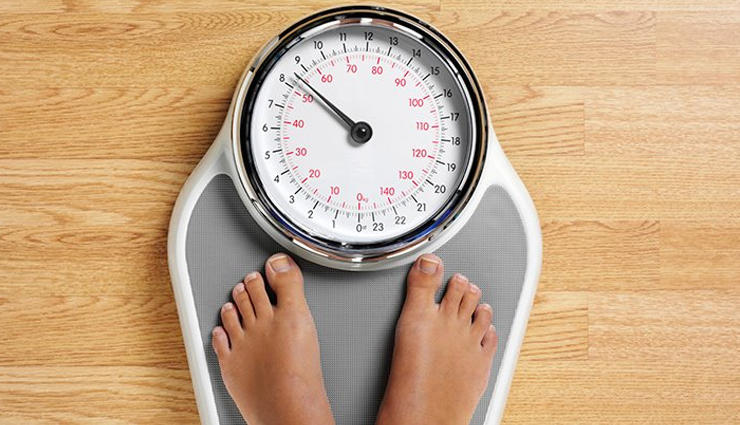- Home›
- Healthy Living›
- 7 Ways To Manage Blood Sugar Levels Naturally
7 Ways To Manage Blood Sugar Levels Naturally
By: Priyanka Maheshwari Fri, 16 Feb 2024 3:45:28

Glucose, also known as blood sugar, is crucial for maintaining your body's optimal functionality. However, complications arise when blood sugar levels stray from the healthy range. Diabetes or prediabetes, conditions characterized by elevated blood sugar, are increasingly prevalent in modern society. Lifestyle and dietary decisions can significantly impact blood sugar levels, offering the potential to naturally reduce them. Understanding the mechanisms driving blood sugar elevation is key to implementing effective strategies for lowering it. Let's delve into the intricacies of this process.

# Incorporate Exercise into Your Daily Routine
Making regular exercise a part of your daily regimen not only aids in weight management but also enhances insulin sensitivity. Studies indicate that consistent physical activity can help deter insulin insensitivity. Improved insulin sensitivity leads to decreased blood glucose levels as cells become more efficient at utilizing sugar. Physical workouts also facilitate increased utilization of blood sugar by muscles. Engaging in activities such as brisk walking, swimming, weightlifting, running, cycling, hiking, and dancing can naturally assist in managing blood sugar levels.
However, it's advisable to monitor your blood glucose levels after exercising, particularly if you're taking medication to manage hyperglycemia, to observe any fluctuations.

# Adopt a Low-Carb Diet
Carbohydrates convert into sugars during digestion, with insulin regulating sugar utilization and storage. Consuming excessive carbohydrates or encountering insulin-related issues may result in elevated blood sugar levels. Research suggests that consuming meals with reduced carbohydrate content is among the most effective methods to lower blood sugar levels while concurrently managing weight. The advantage extends beyond short-term benefits, potentially yielding long-term advantages for blood sugar regulation.

# Increase Fiber Intake
Dietary fiber, particularly soluble fiber, aids in blood glucose management by slowing down carbohydrate digestion and the rate of sugar absorption into the bloodstream. This helps prevent sudden spikes in blood sugar levels. Soluble dietary fiber is also linked to enhanced insulin resistance.
A fiber-rich diet can benefit individuals with type 1 diabetes by enhancing blood sugar regulation and reducing the risk of sudden drops in blood sugar levels. Incorporate vegetables, fruits, legumes, and whole grains into your meals to elevate fiber intake.

# Maintain a Healthy Weight
Studies indicate that even a modest 7% reduction in body weight can significantly decrease the risk of developing diabetes, potentially by as much as 58%. Additionally, managing weight and integrating physical activity into lifestyle adjustments may be more effective in lowering blood sugar levels compared to commonly prescribed diabetes medications.
As waist circumference is a critical factor in assessing diabetes risk, it's essential to monitor your waistline. Measurements exceeding 35 inches for women and 40 inches for men may elevate the risk of hyperglycemia and type 2 diabetes.

# Stay Hydrated and Increase Water Intake
Regular consumption of water throughout the day can help prevent elevated blood sugar levels by facilitating the excretion of excess sugar via urine. Studies suggest that individuals who consume more water are less likely to develop hyperglycemia. Rehydrating with plain or mineral water may aid in lowering blood sugar levels and reducing diabetes risk.

# Practice Stress Management
Research indicates a direct correlation between stress and blood glucose levels. Hormones like glucagon and cortisol, released during stress, can elevate blood sugar levels. Studies involving students demonstrate that regular exercise, meditation, and relaxation techniques reduce both stress levels and blood glucose. Moreover, there's evidence suggesting that stress reduction through practices like yoga and mindfulness meditation may address insulin secretion issues in individuals with chronic diabetes.

# Prioritize Adequate and Quality Sleep
Poor sleep patterns and insufficient sleep can impact appetite, insulin sensitivity, and blood sugar levels. Sleep deprivation reduces the release of growth hormones while elevating cortisol levels, both of which are crucial for blood sugar management. It's important to focus on achieving sufficient and high-quality sleep daily to support optimal health.





